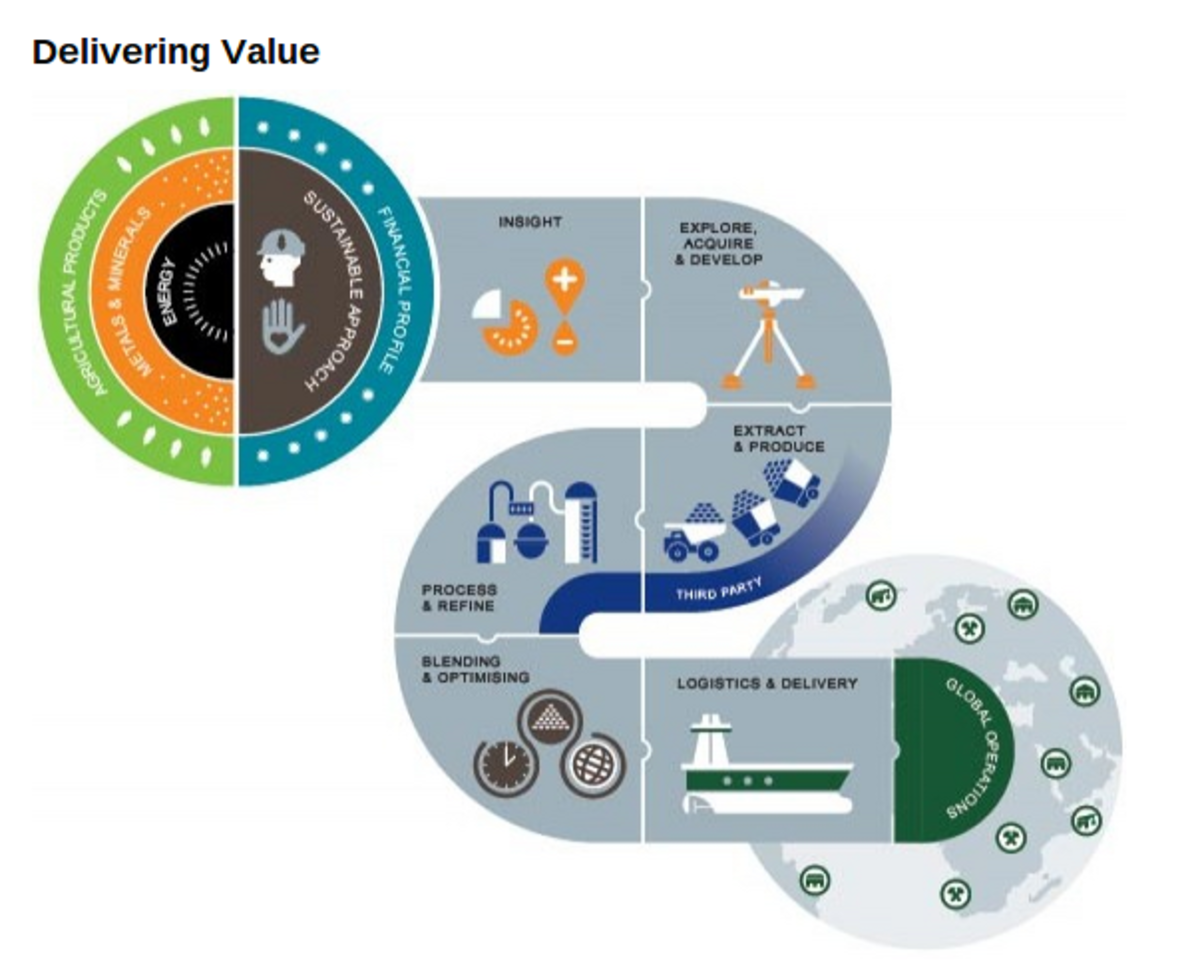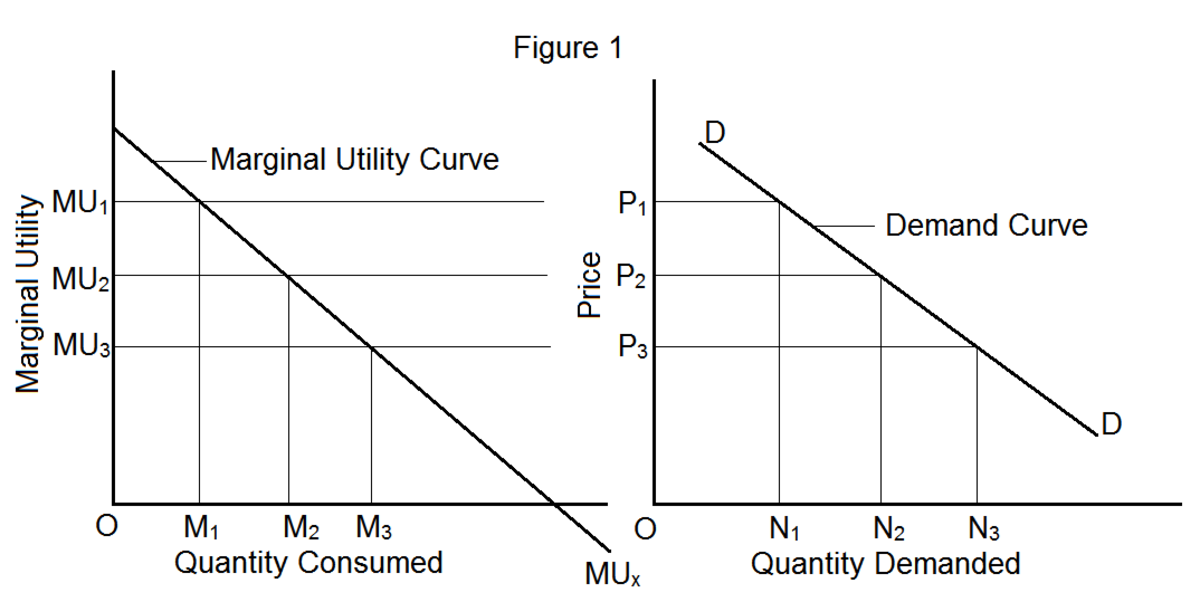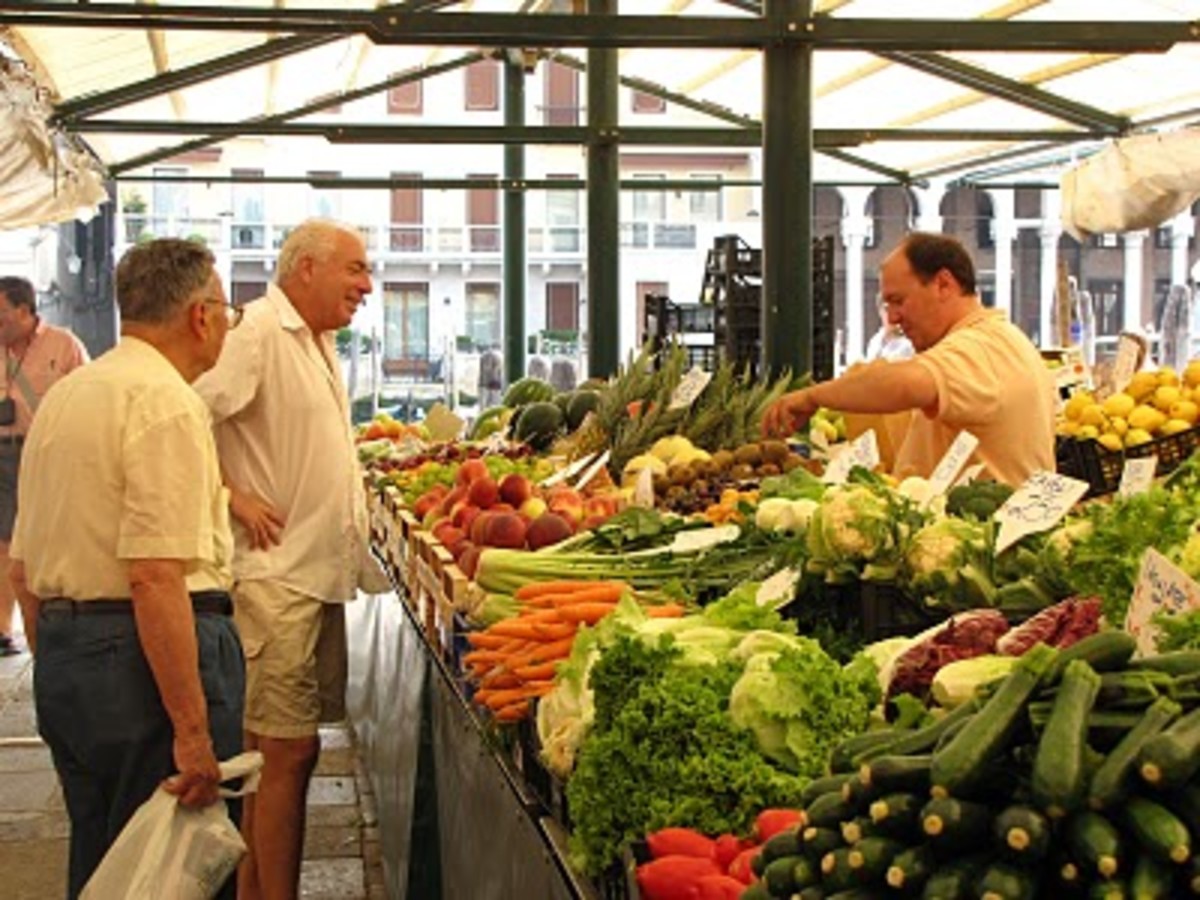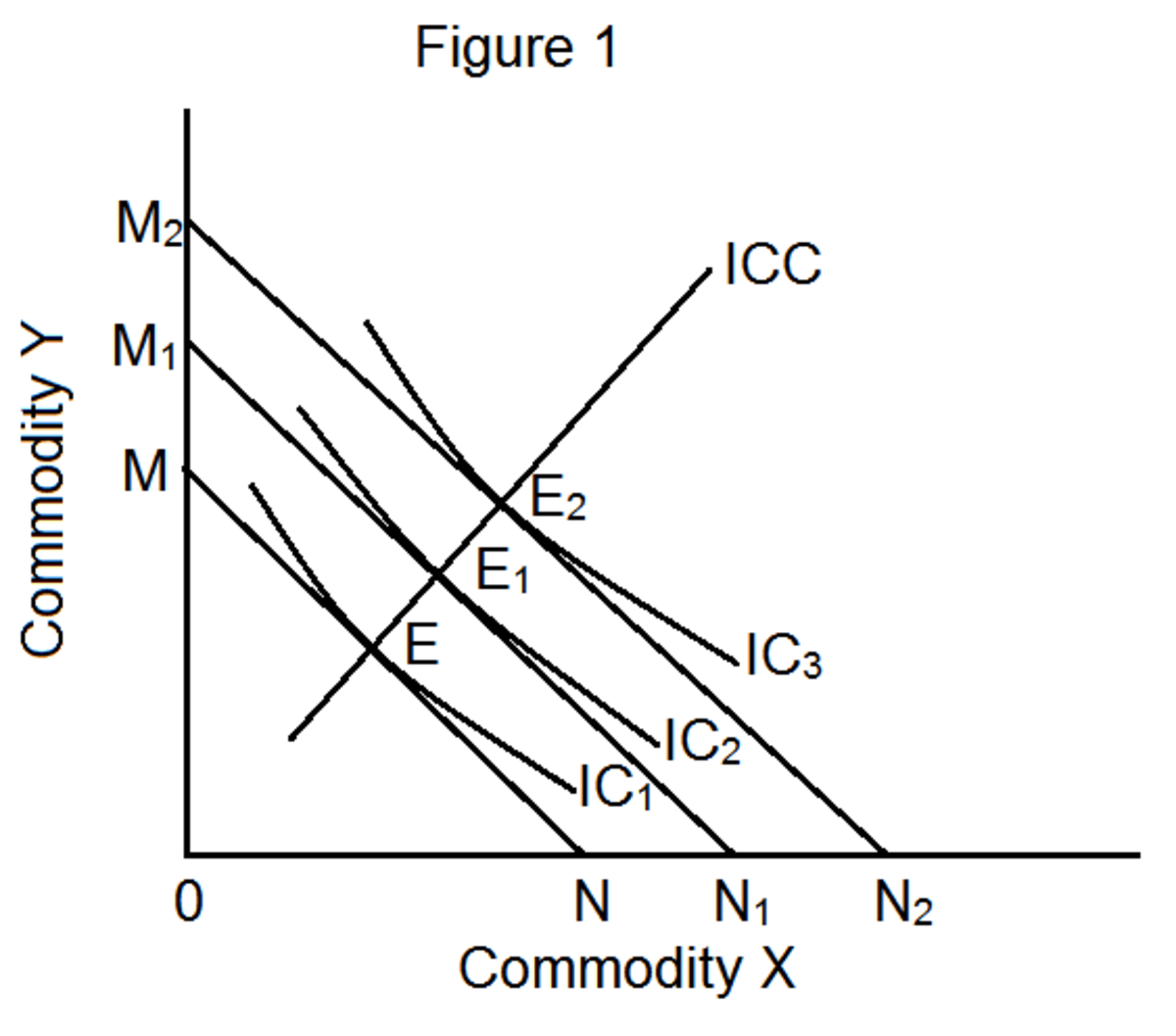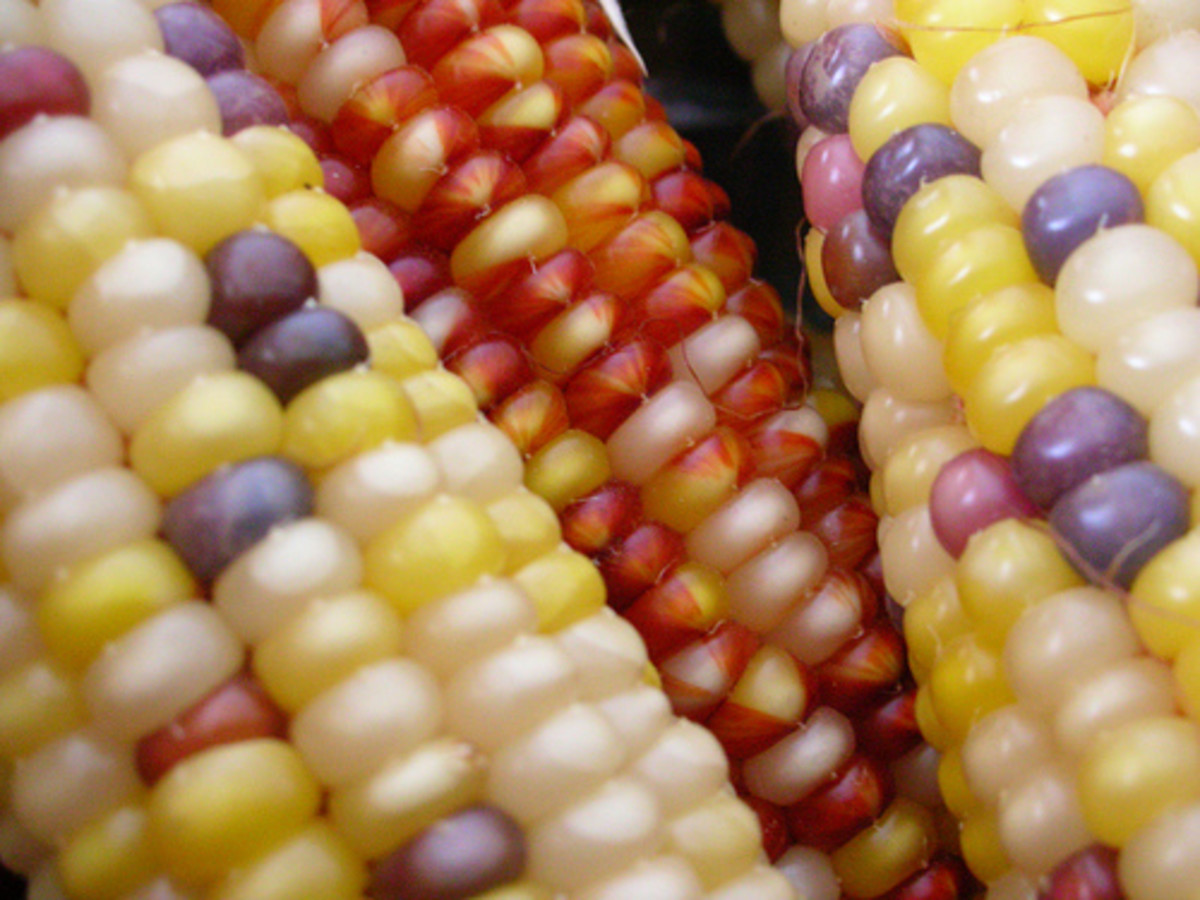Futures Trading Part 1 - What's a Commodity
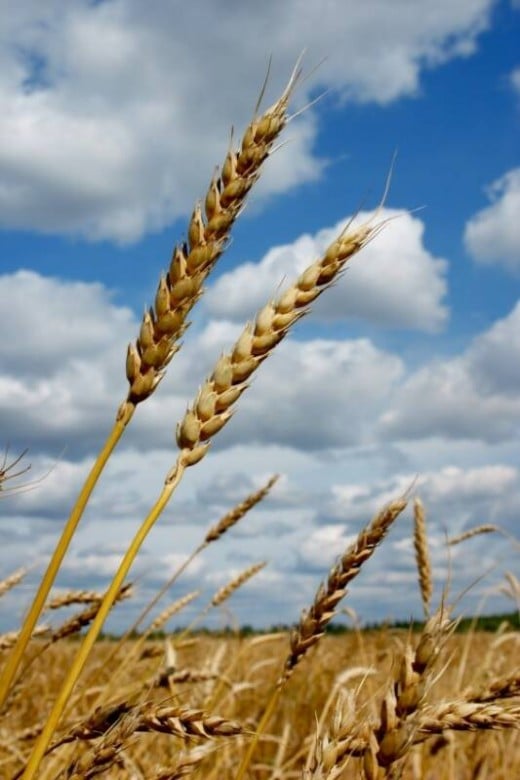
Starting from Scratch
Futures Trading: Commodities, the Source of All True Wealth
First question that should pop into anyone's head is: what's a commodity, and what is future trading? Easily answered...
Basically, commodities are things that people need, such as wheat, corn, barley, soybeans, oil, gold, silver, etc. To be worth doing a futures trade, they have to remain usable for long periods of time, and their prices must fluctuate.
They also ought to be fungible, which means that one unit (bushel, barrel, metric ton) is pretty much the same as another, so that they can be bought and sold in large quantities within the same price range; i.e., without having to inspect each bushel, barrel or whatever personally.
Commodities, then, are the basic raw materials essential to a functioning civilization. There are many grades of flour, but they all come from wheat kernels. Corn meal, corn syrup, corn starch, popcorn and canned cream corn all come from the same raw material, corn.
These raw materials are the source of all true wealth. From them come all of the essential finished products that money buys. In fact, money would be worthless if not for commodities, and people would generally either starve or revert to cannibalism (aren't you glad we have commodities?)
But to trade in commodities themselves requires a huge investment in equipment and infrastructure.
Without a grain silo and mill, wheat cannot be turned into flour. Without eighteen-wheeler trucks and railroad cars, wheat cannot be transported to silos and mills, and from there to warehouses, bakeries and supermarkets.
Without farms, farm equipment and supplies, wheat cannot be grown and harvested. Without experienced farmers, merchants, millers, truckers, wholesalers, distributors and retailers, the raw material, wheat, would not make it to the finished product - flour or bread - available at your corner grocery store.
And so, too, with crude oil, cotton, cattle, pigs, copper, or any other commodity. Unless you have the capital, as well as experience and expertise to make it work for you, it would not be recommended to be trading commodities themselves.
Fortunately, none of that is necessary to profit from commodities trades.
Commodity future trading and futures options trading is done by both speculators (which lend liquidity to the market) as well as farmers, manufacturers, banks and other institutions to both make money (speculators) and save money by hedging against price fluctuations that can disrupt an industry (institutional and industrial traders).
Commodity trading or futures trading (which is the more accurate term when the actual commodity itself is not being handled but rather a contract that represents a fixed amount of a given commodity is what is traded) can be a great way to make large amounts of money using leverage.
By utilizing an online future trading system and futures brokers to handle the transactions, online trading of futures contracts and futures option trading can provide a full time income with only a few minutes per day of actual work.
More Info...
- Futures Trading Part 2
Futures trading - Contracts and Other Peoples' Money Not surprisingly, records survive of futures transactions in ancient Mesopotamia and Egypt, as well as Greece and Rome. The futures trading contract is... - Futures Trading Part 3
Futures trading - Leverage and the Power of Multiplication

